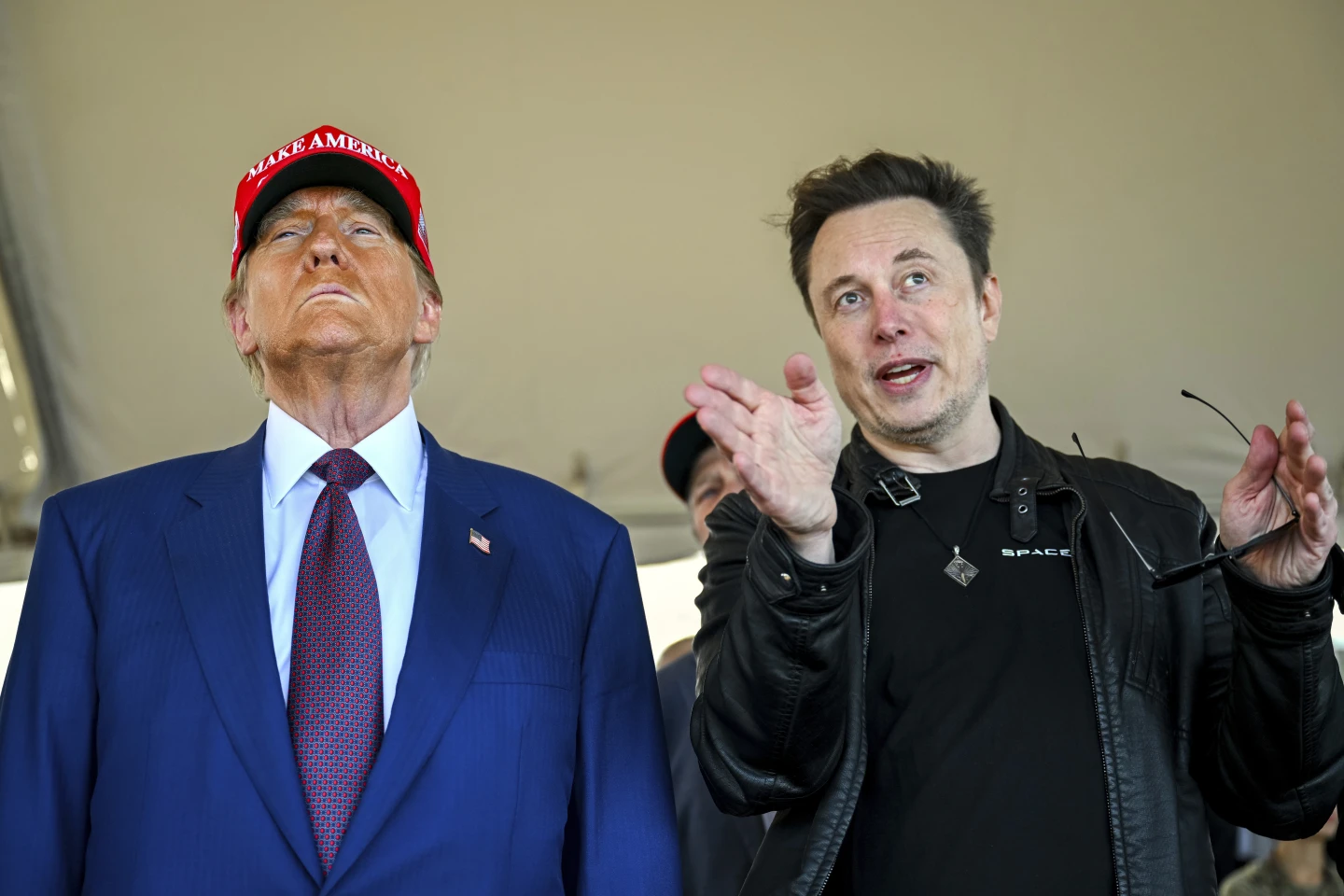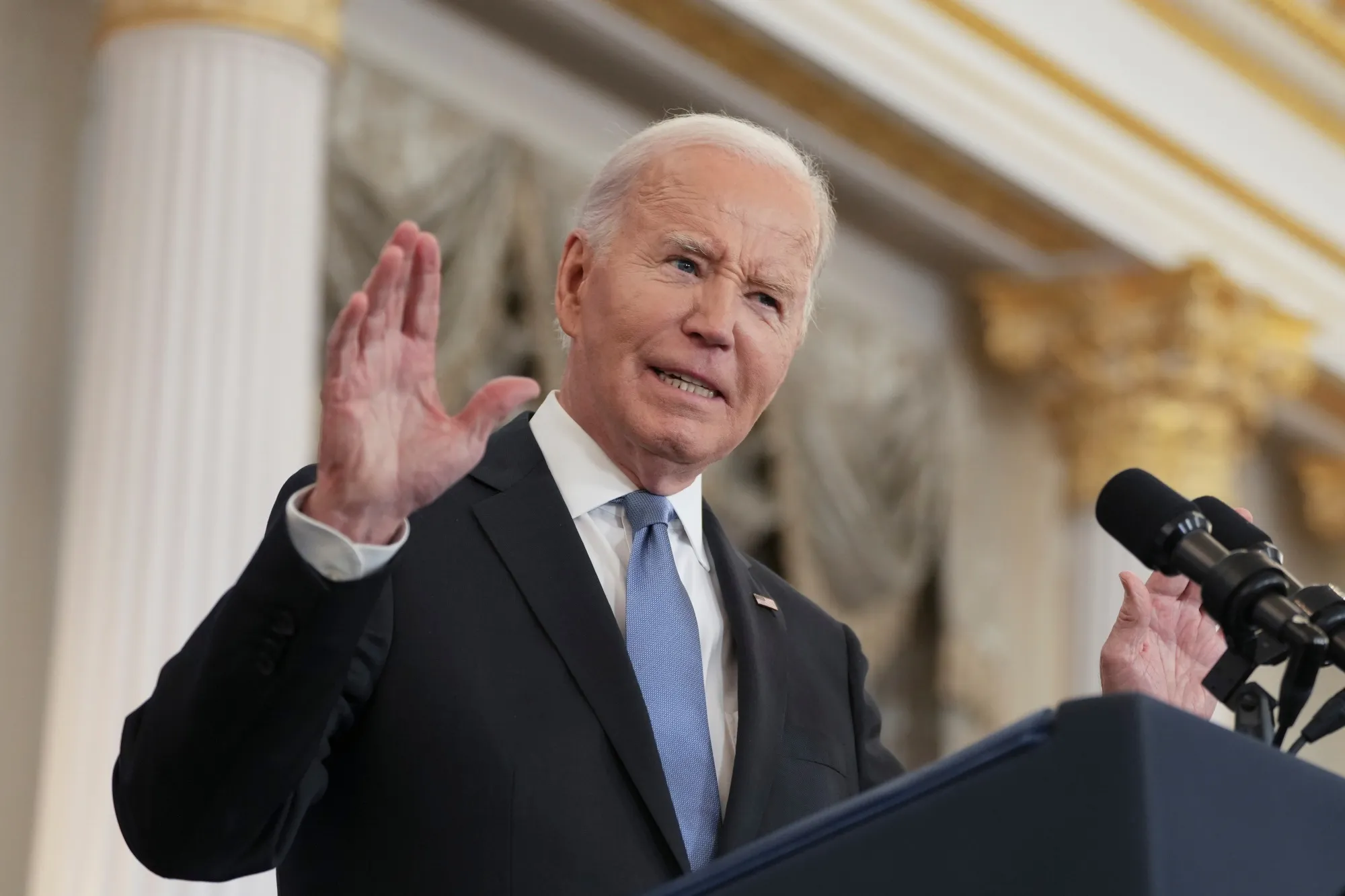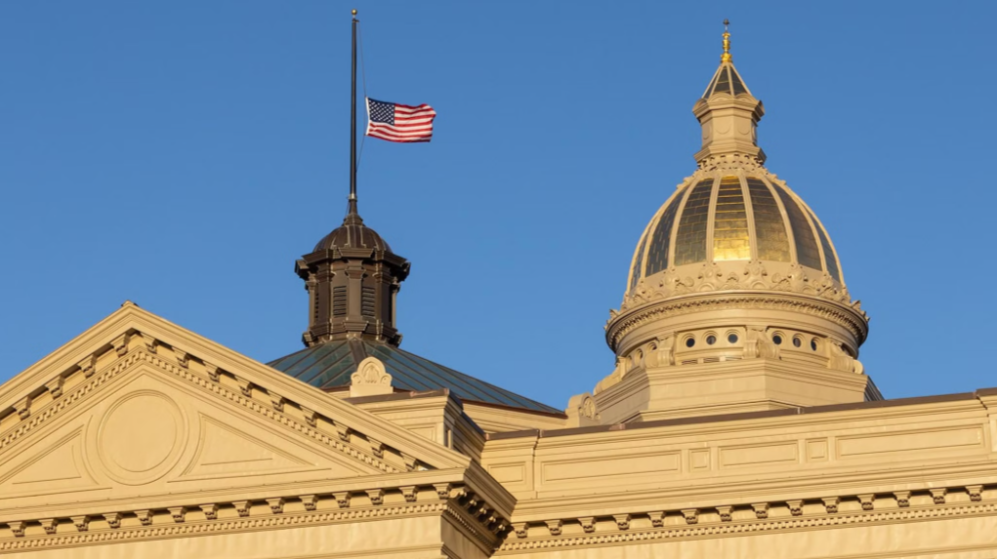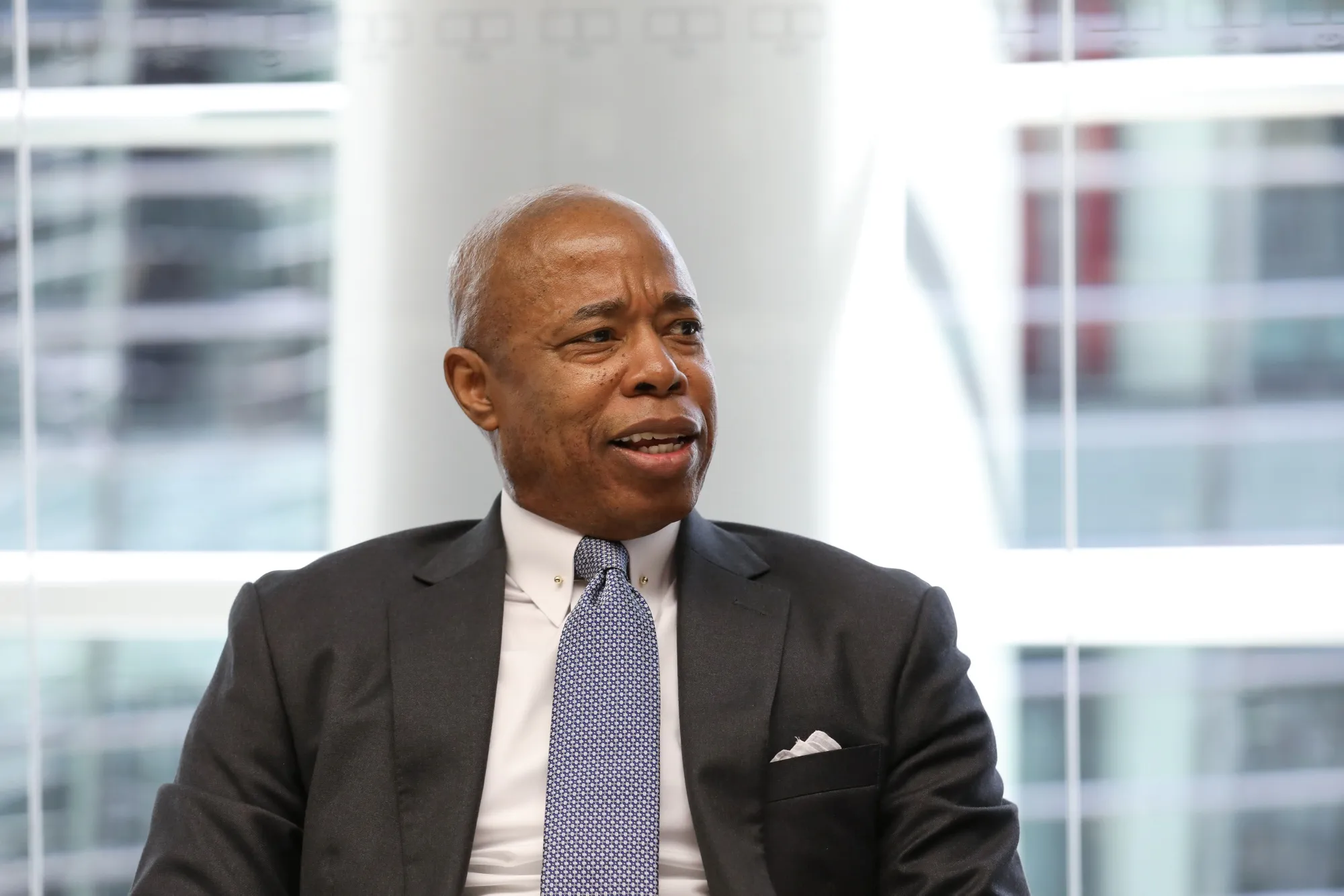Record 39 Candidates Vie for Sri Lanka Presidency Amidst Economic Crisis
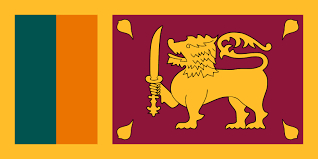
Sri Lanka’s Elections Commission has approved a record 39 candidates to contest the upcoming presidential election in November, which is set to determine the direction of the country’s financial reforms, crucial for navigating the unprecedented economic crisis, the Associated Press reports.
The commission received 39 applications and all were accepted, its head, R.M.A.L. Rathnayake, announced. More than 17 million people are eligible to vote in the September 21 election.
Thirty-five candidates contested the last presidential election in 2019.
The election is seen as a referendum on difficult economic reforms initiated by current President Ranil Wickremesinghe. The reforms have improved key economic figures, but their effects have yet to reach many ordinary people.
Sri Lanka is in the middle of a critical debt restructuring and financial reform program under a bailout program by the International Monetary Fund.
Unsustainable debt, a severe balance of payments crisis, the lingering effects of the COVID-19 pandemic, and the government’s insistence on spending scarce foreign reserves to prop up the country’s currency, the rupee, led to a severe shortage of foreign currency and essentials such as fuel, medicine, cooking gas and food in 2022.
The economic crisis and resultant shortages of essentials sparked riots, forcing then-President Gotabaya Rajapaksa to flee the country and later resign. Parliament elected Wickremesinghe as president to cover Rajapaksa’s remaining time.
Wickremesinghe is contesting the election and is seeking approval for his economic agenda, promising rapid growth with an ambitious target of making Sri Lanka a developed nation by the centenary of its independence in 2048.
Inflation has dropped to around 5% from 70% two years ago under Wickremesinghe’s administration. Interest rates have dropped, the rupee has rebounded, and foreign reserves have increased. Creditor countries such as India, Japan and France have agreed to defer debt repayments until 2028, giving the island nation space to rebuild its economy.


